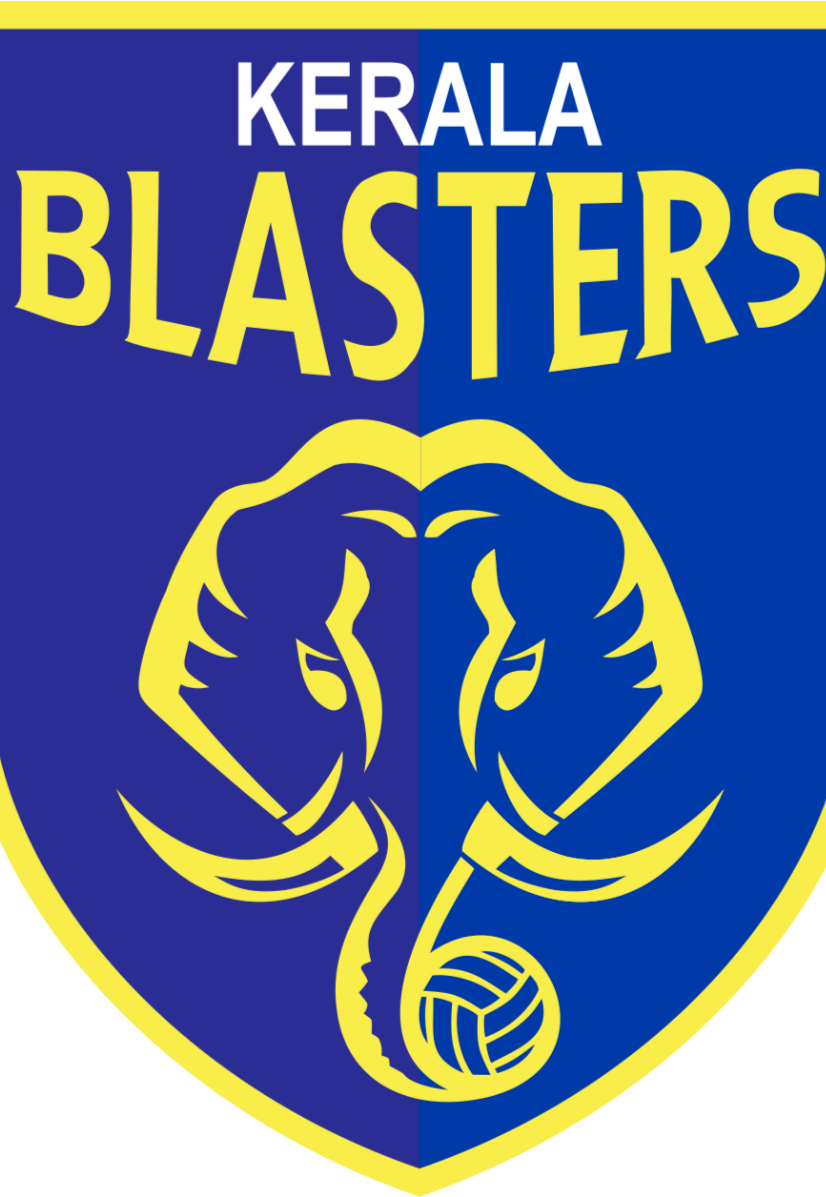By the time Kobe Bryant’s body began to betray him in the twilight of his career, the Los Angeles Lakers were no longer viewed as the NBA’s ultimate destination. The glamour of Hollywood and the weight of 16 championship banners couldn’t mask a growing reputation: for elite players, stepping into Kobe’s locker room meant stepping into the fire.
In 2014, a top NBA agent revealed, “I’ve had a lot of clients in the last five years who didn’t want to play with Kobe.” His reasoning was blunt — being Bryant’s teammate often meant becoming a public target. “His teammates become the chronic public whipping boys,” the agent said. “Anyone who even dared to challenge Kobe for the spotlight turned into the team scapegoat. That’s what happened with Shaq. It happened with Andrew Bynum, Pau Gasol, Dwight Howard. Everyone got their turn.”
The examples were numerous. Shaquille O’Neal, who delivered three Finals MVPs, was publicly called “fat and out of shape” by Bryant, a remark that set a tone of ruthless accountability. Bynum, during contract talks in 2012, asked bluntly, “How are you going to rein in Kobe?” The Lakers had no answer, and Bynum soon wanted out. Howard, an All-Star center at the time, lasted just one season before moving on. Even Pau Gasol, one of Bryant’s most trusted partners, eventually walked away.
From 2012 to 2016, as injuries piled up and the roster churned, the Lakers reached the playoffs only once. But the agent argued the issue wasn’t just losing — it was fear. Players didn’t want to risk having their careers diminished under constant media scrutiny, much of it magnified by Bryant’s towering presence and cutting candor. “Anyone who could challenge Kobe became a pincushion for the media,” the agent said.
Yet, in hindsight, many of those same players now speak warmly of Bryant. They recall his competitive fire, his discipline, and the impossibly high standard he set. Greatness, as the story goes, comes at a cost — a truth shared by other legends like Michael Jordan, LeBron James, Magic Johnson, and Larry Bird.
Bryant’s final years in purple and gold were a paradox: the Lakers’ greatest icon still burned to win, but his intensity made it harder to find stars willing to share the journey. For the franchise, that meant enduring lean seasons until the day No. 24 finally said goodbye, leaving behind both a towering legacy and the lingering lesson that even the best need others willing to stand beside them.

























